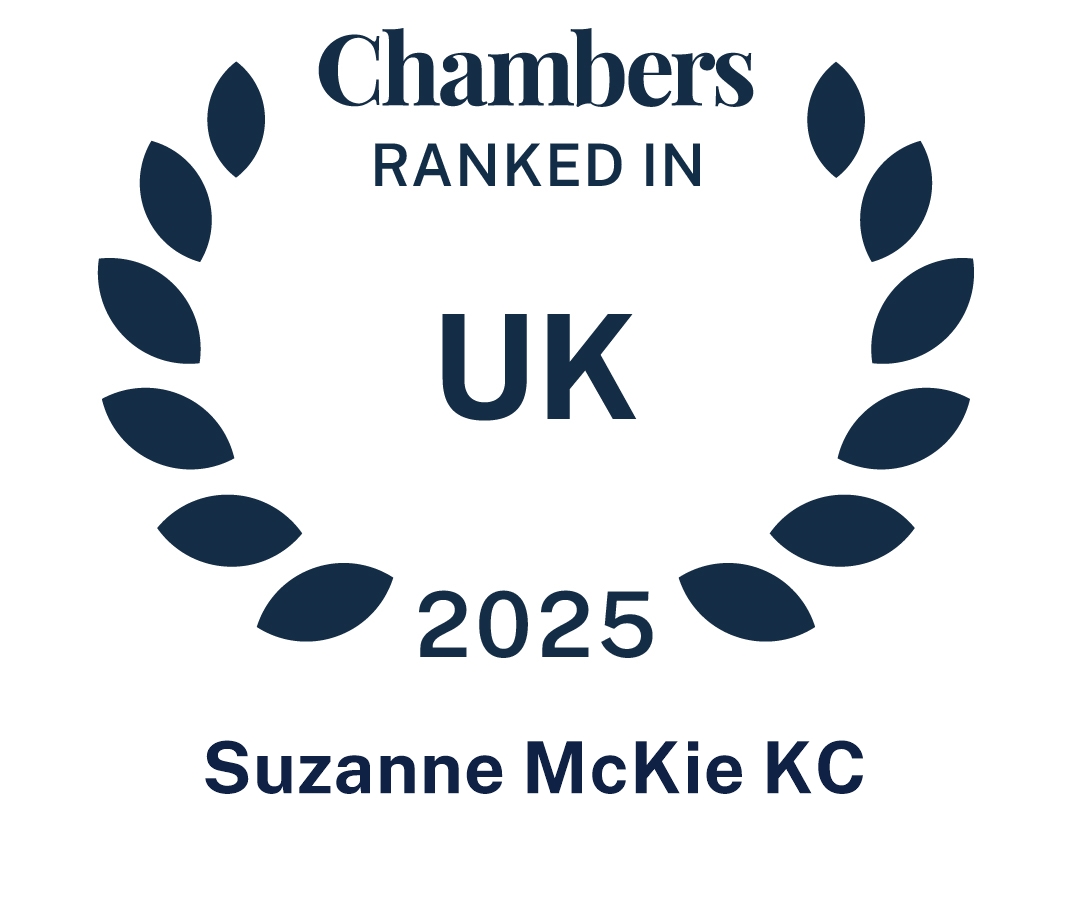
25 April 2023
|Misconduct and Regulatory Matters
Blogs
Failure to prevent employee fraud – could your organisation be liable?
On 11 April 2023, the Home Office announced its intention to introduce a corporate offence for failure to prevent fraud and, to this end, Lord Sharpe tabled an amendment to the Economic Crime and Corporate Transparency Bill (the Bill is currently in the Committee Stage of the House of Lords). The amendment is supported by the Serious Fraud Office and the Crown Prosecution Service.
On the same day that the Home Office tabled its amendment, it published a fact sheet on the proposed offence, setting out the mischief that it is designed to remedy, what specified fraud offences must be prevented and the companies to which the offence applies. Under the existing law, as the Law Commission for England and Wales observe, “only the acts of a senior person representing the company’s “controlling mind and will” can be attributed to the company”. The new offence departs from this and widens the scope for corporate liability.
This post summarises the new offence and concludes with steps that your company may wish to take before it comes into force and discusses the impact that the offence could have on individuals in regulated industries.
What is “failure to prevent fraud”?
Under the new offence, an organisation could face an unlimited fine in circumstances where one of its employees (or an agent of the company) commits a specified fraud offence (defined below) which is for the benefit of the organisation, and where the organisation failed to put in place reasonable fraud prevention measures. The relevant organisation would not be guilty of the proposed offence if “the body itself was, or was intended to be, a victim of the fraud offence” (see the latest list of amendments, dated 18 April 2023, here at pages 31-33). But liability is not predicated on senior management knowing that an employee has committed fraud. Here, prevention is the only cure. Nevertheless, individuals in the company will only be liable where they encourage or assist fraud, not where they have failed to prevent it.
The following offences have been specified/listed in the Economic Crime and Corporate Transparency Bill (please note that the Secretary of State may by regulations amend the list of offences):
– fraud by false representation (s.2 Fraud Act 2006 (“FA 2006”))
– fraud by failing to disclose information (s.3 FA 2006)
– fraud by abuse of position (s.4 FA 2006)
– obtaining services dishonestly (s.11 FA 2006)
– participation in a fraudulent business (s.9 FA 2006)
– false statements by company directors (s.19 Theft Act 1968 (“TA 1968”))
– false accounting (s.17 TA 1968)
– fraudulent trading (s.993 Companies Act 2006)
– cheating the public revenue (common law)
As can be observed, the net for liability has been cast wide. A relevant organisation could be responsible where, for example, company directors make a misleading statement to its shareholders or creditors, an employee makes a false representation to a supplier for the benefit of the company, or where employees engage in fraudulent trading.
The offence will not apply to money laundering because organisations are already required to have anti money laundering procedures in place and be regulated by the FCA.
Which organisations are covered?
In addition to corporates and partnerships, large not-for-profit organisations are also in scope, as well as incorporated public bodies. To ensure that the offence is proportionate, and to limit the administrative burden on small and medium-sized enterprises (SMEs), it only applies to ‘large’ organisations, as defined by the Companies Act 2006. An organisation is therefore in scope if it satisfies two of the three following criteria:
– Turnover of more than £36m;
– Balance sheet totalling more than £18m; and
– More than 250 employees.
The Home Office has stated that it will keep the threshold at which companies are excluded under review and amend it through secondary legislation if necessary.
What steps should you take to ensure compliance?
After the Bill receives Royal Assent, the government will publish guidance on what constitutes reasonable prevention measures; it says that the offence will not be enforced until the guidance is published.
Before then, organisations should review their existing anti-fraud policies and procedures to identify whether they can be strengthened. Large organisations may choose to identify practice areas, teams and/or individuals which are more susceptible to fraudulent activity and provide additional training to such teams and individuals. These organisations should also consider whether their onboarding and contractual provisions are sufficient to guard against their employees committing any of the specified offences. To this end, they might want to appoint an anti-fraud officer to conduct audit and monitoring of the organisation’s processes, update their training offering, and keep abreast of legal and compliance developments.
Organisations should also consider how best to prevent fraud committed by their agents (for example, IT contractors handling personal data).
How may we help?
Farore Law has a strong reputation in and considerable experience of dealing with professional misconduct.
We regularly advise individuals in regulated industries who are the subject of professional misconduct hearings. We offer a range of services to such individuals, which include the following:
– Reviewing the allegations against you and formulating a robust defence, ensuring that no stone is left unturned.
– Taking a deep dive into the documentary evidence and requesting further information and/or clarification from your employer where appropriate. This may include securing access to your IT network (which may be granted on a supervised basis) to access further information if you have been cut-off from the system.
– Ensuring that the disciplinary process is conducted fairly, making representations on your behalf to ensure that you have sufficient time to prepare for the hearing and that the company’s allegations against you are sufficiently particularised.
In addition, we offer a mock cross-examination service, the purpose of which is to give you greater familiarity with and confidence in the process of giving oral evidence.
We also advise companies on the introduction and/or review of their policies. We would be pleased to assist you in order to identify areas of risk in your company, review your current training programme and advise on how to put in place robust measures to prevent fraud.
We foresee that the new offence of failure to prevent fraud could give rise to more misconduct hearings, where a company alleges that an individual has fallen short of its expectations/policies to prevent fraud. This is likely to be the case in regulated industries, such as financial services, in relation to which Farore Law has particular expertise in acting for both individuals and companies.
© Farore Law Limited









